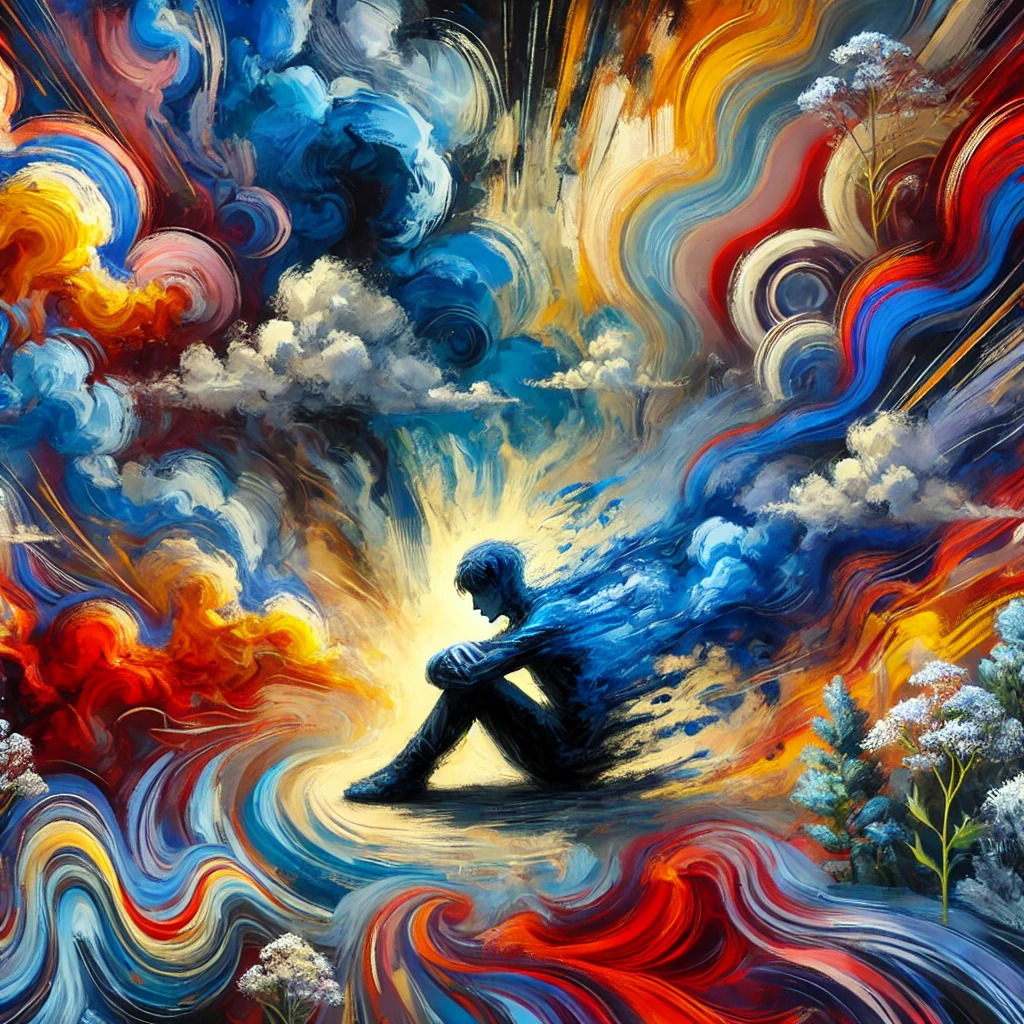Emo music, short for “emotional hardcore,” has been a significant part of the alternative music scene since its emergence in the mid-1980s. Known for its raw, emotional lyrics and expressive performances, emo has carved out a unique space in the music world. However, the genre’s intense exploration of personal struggles and mental health issues has also sparked controversy, leading to debates about its impact on listeners, especially young fans.
The Roots of Emo
Emo originated from the hardcore punk scene in Washington, D.C., with bands like Rites of Spring and Embrace leading the way. These early emo bands combined the aggression of punk with introspective and confessional lyrics, setting the stage for the genre’s evolution. By the 1990s, emo had diversified, with bands like Sunny Day Real Estate and Jawbreaker adding melodic elements and broader emotional ranges to the mix.
Emo’s Mainstream Breakthrough
The early 2000s saw emo music explode into mainstream consciousness. Bands like My Chemical Romance, Fall Out Boy, and Dashboard Confessional brought emo to a wider audience with their catchy hooks and emotionally charged lyrics. This era of emo, often referred to as “emo pop” or “third-wave emo,” was characterized by its polished production and accessibility, making it a favorite among teenagers and young adults.
The Controversy
Despite its popularity, emo has faced significant criticism and controversy. One of the main points of contention is the genre’s association with self-harm, depression, and suicide. Critics argue that the intense emotional content of emo songs can glamorize or normalize mental health struggles, potentially influencing vulnerable listeners.
Association with Self-Harm and Depression:
Some detractors claim that emo music can exacerbate feelings of sadness and hopelessness, particularly among impressionable teenagers. The genre’s focus on personal pain, heartbreak, and existential angst is seen by some as a negative influence. Lyrics that delve into self-harm and suicidal ideation have raised concerns about the potential for emo music to trigger or worsen mental health issues.
Defense from Artists and Fans:
Proponents of emo argue that the genre provides a vital outlet for expressing and coping with intense emotions. For many fans, emo music offers a sense of community and understanding, helping them feel less alone in their struggles. Artists often defend their work by emphasizing the importance of addressing mental health openly and honestly. They argue that their lyrics reflect real experiences and emotions, which can be cathartic and empowering for listeners.
The Impact on Mental Health
The relationship between emo music and mental health is complex. While some studies suggest a correlation between listening to emotionally intense music and experiencing negative emotions, others highlight the therapeutic benefits of music as a form of emotional expression and connection.
Potential Risks:
- Normalization of Negative Emotions: Critics worry that emo music might normalize or romanticize self-destructive behaviors.
- Triggering Effect: There is a concern that explicit references to self-harm or suicide in lyrics could act as triggers for vulnerable individuals.
Potential Benefits:
- Emotional Release: For many listeners, emo music provides a safe space to explore and release pent-up emotions.
- Community and Support: The emo community can offer a sense of belonging and mutual support, helping individuals cope with their struggles.
- Encouraging Dialogue: By addressing topics like depression and self-harm, emo music can encourage open conversations about mental health, reducing stigma and promoting understanding.
The Role of Responsibility
The debate around emo music underscores the importance of responsibility among artists, listeners, and the broader music industry. Artists can strive to balance honest expression with sensitivity to the potential impact of their lyrics. Providing resources for mental health support and encouraging positive coping mechanisms can help mitigate risks.
Listeners, especially parents and guardians, can play a role by engaging with the music their children consume and fostering open discussions about the themes explored in emo songs. Understanding the context and emotions behind the music can lead to healthier interactions and better support for those struggling with mental health issues.
A Psalm from King David, who was a virtuoso harpist
Emo music, with its deep emotional resonance and passionate fanbase, remains a powerful and controversial genre. Its exploration of intense emotions has both captivated and concerned audiences, leading to important conversations about the impact of music on mental health. By acknowledging the genre’s complexities and promoting a balanced perspective, we can appreciate the cathartic power of emo music while addressing its potential risks. Ultimately, the ongoing dialogue around emo highlights the need for greater awareness and support for mental health in all areas of life, including the arts.
“Why art thou cast down, O my soul? and why art thou disquieted within me? hope thou in God: for I shall yet praise him, who is the health of my countenance, and my God.”
Psalm 42:11



Leave a Reply
You must be logged in to post a comment.